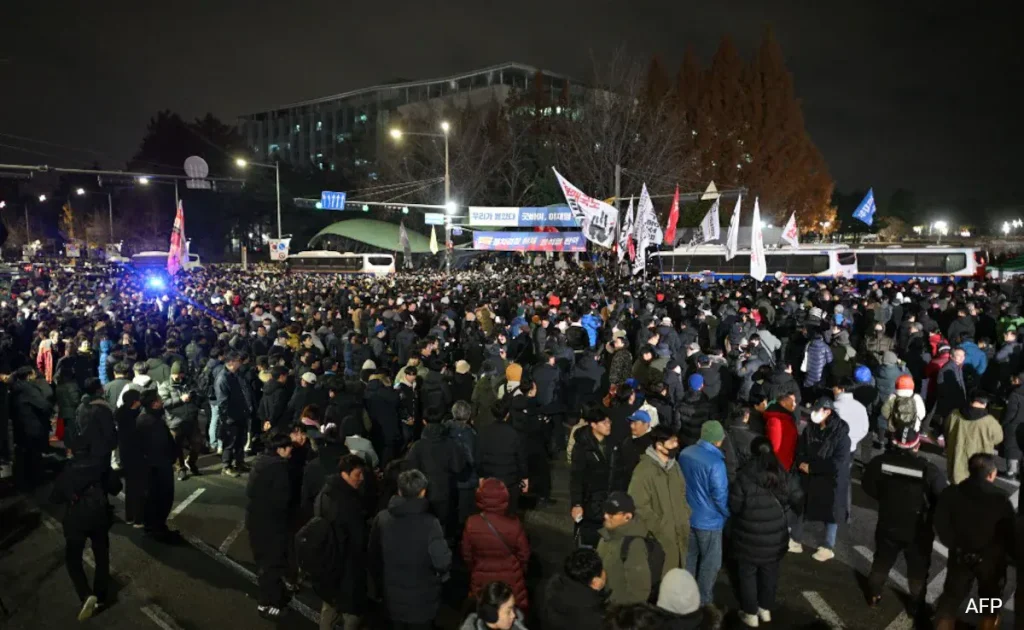Context:
South Korea spent about six hours under martial law after President Yoon Suk Yeol issued a surprise declaration of “emergency martial law”, only to reverse the move hours later.
More on the News
- President Yoon made the declaration following a prolonged deadlock with the opposition which has parliamentary majority.
- In response, the National Assembly passed a resolution demanding the lifting of martial law, with all 190 members present out of 300 voting in favour.
- Thousands of protestors had also thronged in National Assembly to protest the declaration.
- Subsequently, the President lifted the martial law decree on Wednesday morning during a Cabinet meeting.
Martial Law in South Korea
- Martial law is the replacement of civilian government by military rule, and the suspension of civilian legal processes for military ones, leading to standard civil liberties being suspended.
- There have been 16 martial law declarations since the country was founded in 1948. It was last declared in 1980. s
- Under Article 77 of the Constitution, a president may declare martial law in response to “war, armed conflict or similar national emergency”.
- When martial law is declared, “special measures” can be employed to restrict freedom of press, freedom of assembly and other rights, as well as the power of courts.
- As per Article 14 of the Martial Law Act, anyone who violates the decree can be arrested without a warrant.
- Under Article 77, the president must lift the martial law if the National Assembly demands it with a majority vote.
Martial law in India
- The concept of martial law has been borrowed in India from the English common law. However, the expression ‘martial law’ has not been defined anywhere in the Constitution.
- There is also no specific or express provision in the Constitution that authorises the executive to declare martial law. It is rather implicit in Article 34 (Part III) of the Constitution.
- It is imposed under extraordinary circumstances like war, invasion, insurrection, riot or any violent resistance to law.
- Under martial law, Military authorities can impose restrictions on the rights of civilians, punish the civilians and even condemn them to death.
- Parliament can pass laws to indemnify any person for any act done in connection with the maintenance of law and order, and validate any act done under martial law in any area where the law is in force.
- The Supreme Court held that the declaration of martial law does not ipso facto result in the suspension of the writ of habeas corpus.
- India has not seen an imposition of martial law since its independence in 1947.

